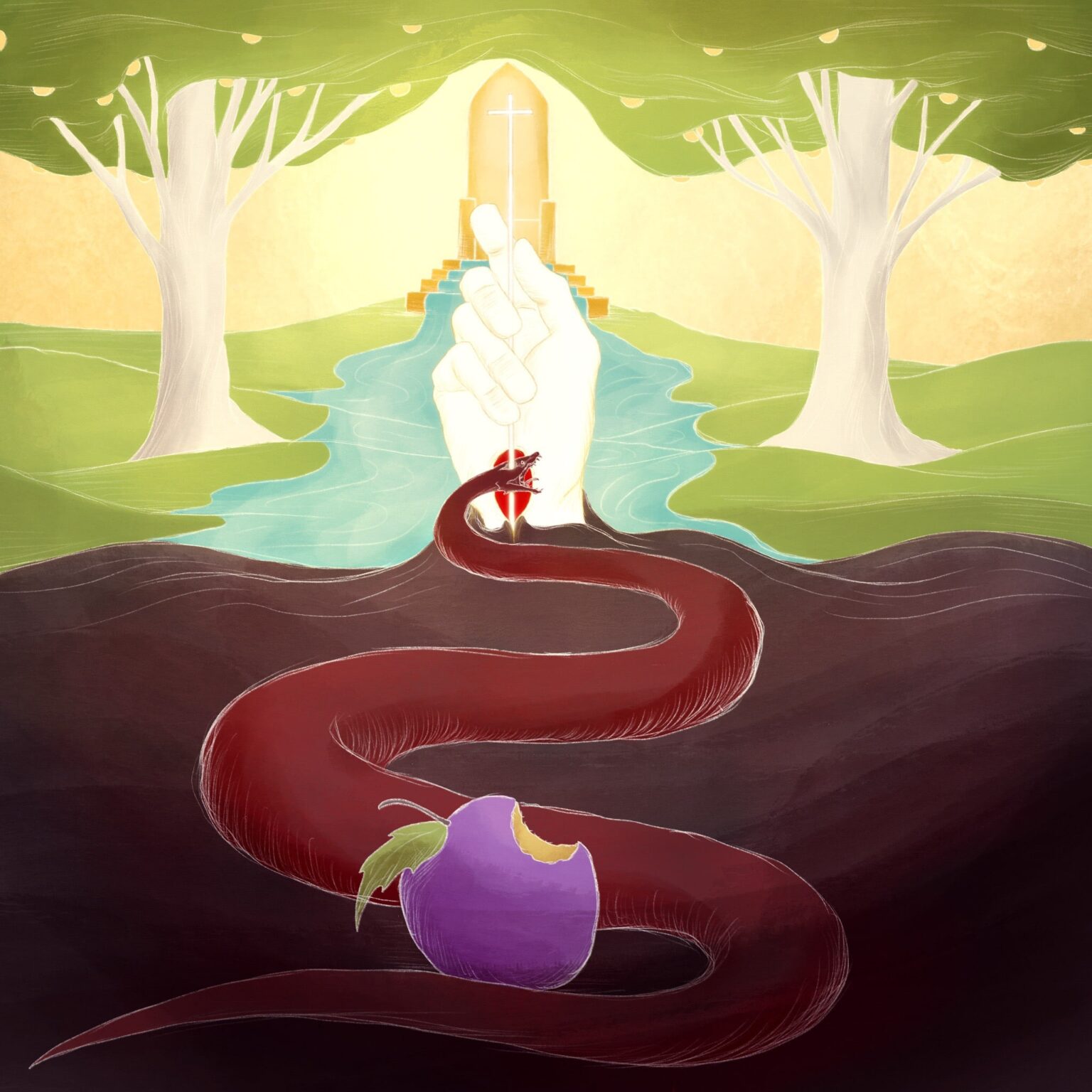
“As For you, you meant evil against me, but God meant it for good…” – Genesis 50:20
The most implication-laden element of this sentence is that word, “meant.” It’s used twice in verse 20.
God Meant…
First we see Joseph say that his brothers meant what they did to him as evil…that’s not surprising, we know our own hearts and know that we do things with malicious intent far too often…But the second use of the word is more radical. Yes, Joseph’s brothers meant their actions for evil, but God meant their actions for good.
Notice that he does not say that God “used” their actions for good…as if God looked at what He had to work with and made the best of it, turned it into something good because he is so resourceful. No, God meant the actions of those brothers and He meant them to accomplish good.
In other words, if God is envisioned as a painter, we might call Joseph’s years of bondage a thick dark stroke drawn across the canvas. 50:20 tells us that, as this stroke was painted, the paint brush itself (the brothers) intended what they were doing for evil….but that the Painter–as He was painting the same stroke–intended it for good, for beauty, for glory.
Now, that’s not a perfect example (God does not make anyone sin, while the painter does make the brush move, etc.) but the central concept is true…..what independent moral agents do and intend for evil, God Himself has ordained and intends for good….
For Good…
But what is the good that God intended through the actions of the brothers? Verse 20 tells us it was the preservation of many lives during the seven year famine that struck the area. But consider what that means….part of the good intended by God was the preservation of the people of Israel….which means the preservation of the Messianic seed….which means the incarnation, life, death, and resurrection of Jesus….which is the supreme revelation of God and redemption of His people, which is His glory, their joy, and the goal for which the universe exists….THIS is the good that God intended when 10 brothers stood around a dry well deciding to sell their brother into slavery.
I think it’s interesting (and this was the impetus for today’s picture) that Genesis–a book that begins with creation’s marring at the hands of Satan–should end with such a strong assertion of God’s sovereign goodness even through the evil actions of rebellious moral agents. Might we not read in this verse a subtle answer and rebuke to Satan himself? Might the Spirit not be saying, as it were:
“You, Satan, meant evil against creation and against humanity when you instigated the fall, you meant evil, but God meant it for good, God meant it for unending and un-imagined beauty, and to bring about the definitive revelation of His Name in His Son to the eternal gladness of His people….”
May God give us the grace and the faith to write–with the crimson letters of Calvary–Genesis 50:20 over all the wounds we receive (and, to our shame, give) in this fallen world….HE will be glorified in His Son on the last day, and it will be clear that “no theme may be played that hath not its uttermost source in [Him], nor can any alter the music in [His] despite. For [those] that attempteth this shall prove but [His] instrument in the devising of things more wonderful, which [they themselves] hath not imagined.” (From Tolkien’s “The Silmarillion”).



